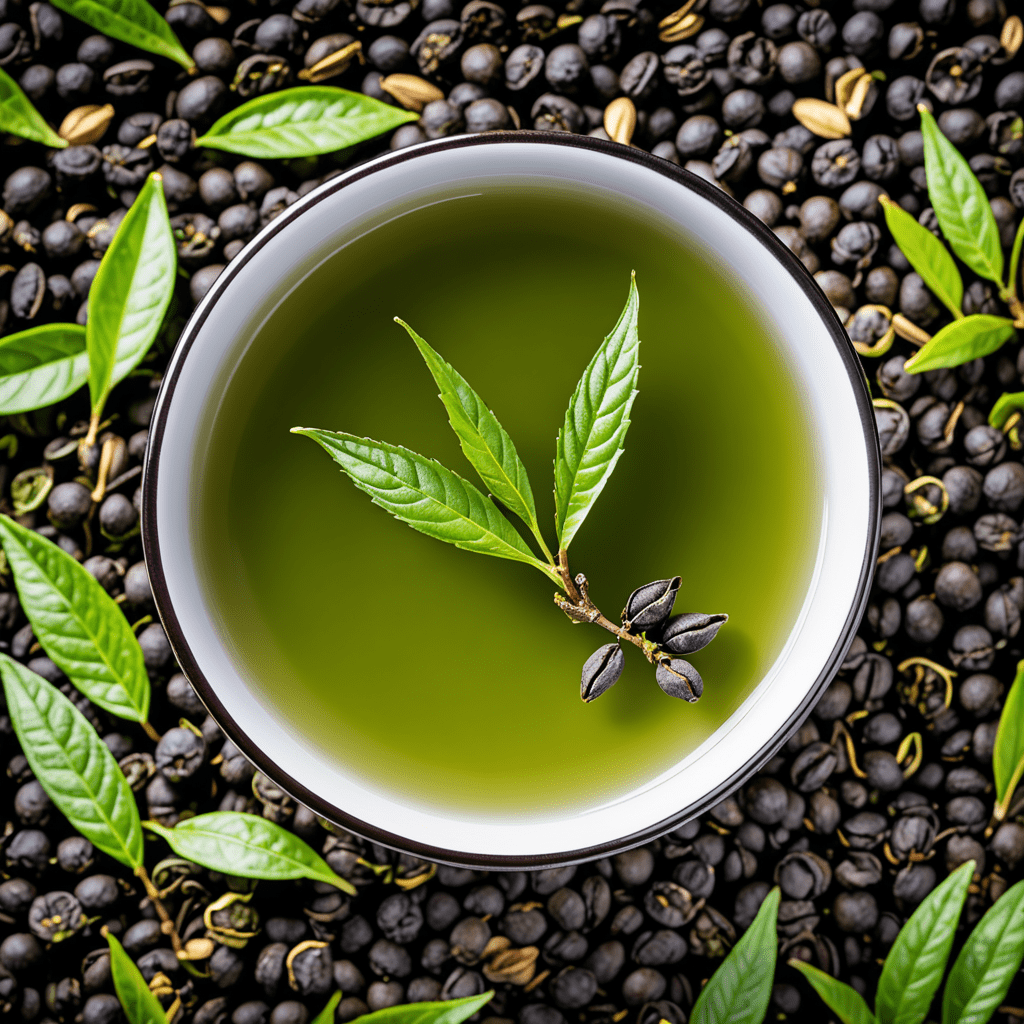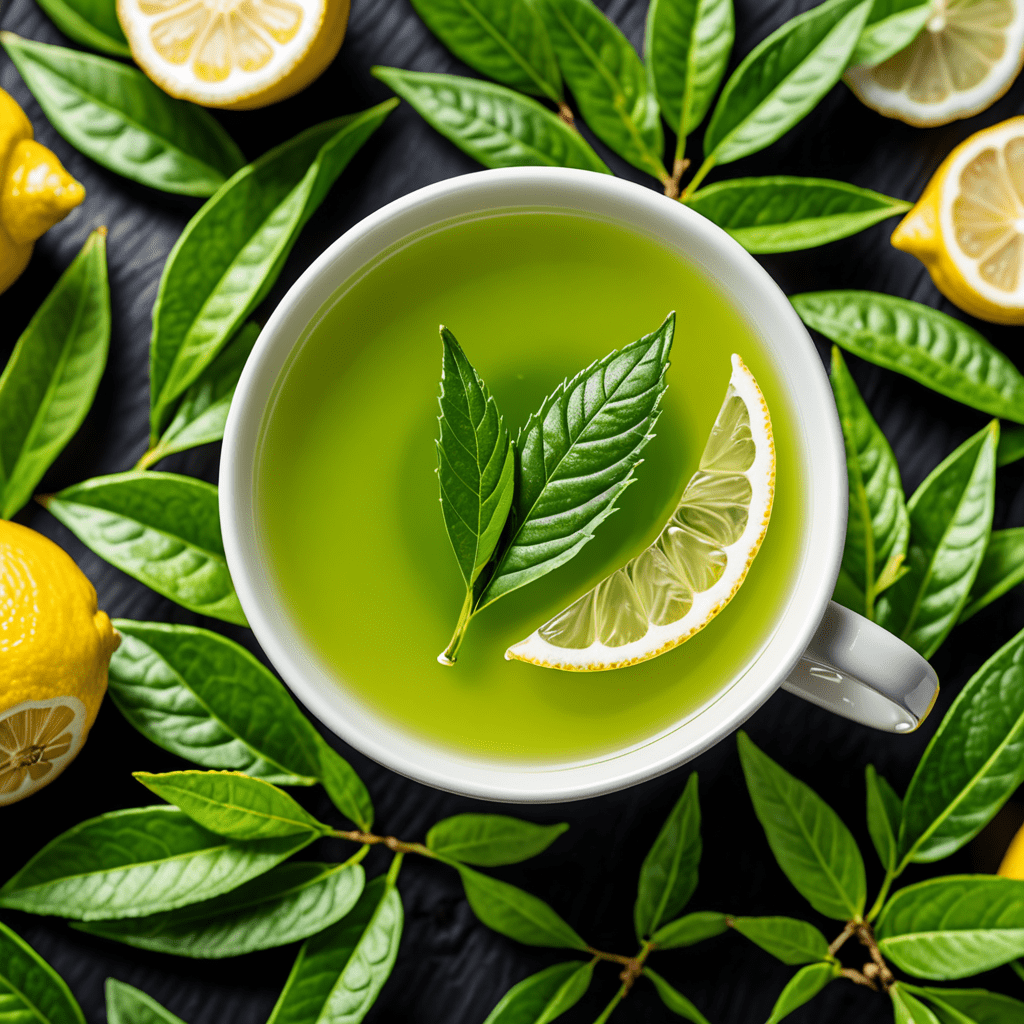
Discover the Benefits of Decaffeinated Green Tea
Green tea has been celebrated for its numerous health benefits, from boosting metabolism to reducing the risk of chronic illnesses. However, not everyone can tolerate the caffeine content in green tea. Decaffeinated green tea offers a solution, allowing individuals to enjoy the goodness of green tea without the stimulating effects of caffeine. In this article, we’ll explore the world of decaffeinated green tea, its benefits, and how it differs from regular green tea.
Understanding Decaffeinated Green Tea
Decaffeinated green tea is processed to remove a significant portion of its caffeine content while retaining its unique flavor profile and health properties. The decaffeination process may vary among tea producers, but it generally involves steaming the tea leaves to open their pores, then rinsing them with a solvent to extract the caffeine. The tea leaves are then steamed again to remove any residual solvent and re-dried. This process typically reduces the caffeine content to a minimal level, ranging from 1-5% of the original amount.
The Health Benefits of Decaffeinated Green Tea
Decaffeinated green tea provides numerous health benefits, similar to those of regular green tea. It is rich in antioxidants, particularly epigallocatechin-3-gallate (EGCG), which is known for its potent anti-inflammatory and neuroprotective effects. The consumption of decaffeinated green tea has been linked to improved heart health, enhanced brain function, and reduced risk of certain cancers. Additionally, its calming properties make it a perfect choice for those seeking a soothing beverage without the stimulating effects of caffeine.
Differences Between Decaffeinated and Regular Green Tea
One of the primary differences between decaffeinated green tea and regular green tea lies in their caffeine content. While regular green tea contains varying levels of caffeine, decaffeinated green tea offers a caffeine-free alternative. The flavor profiles may also differ slightly due to the decaffeination process, with some individuals noting a milder taste in decaffeinated green tea. However, both types of tea retain their essential health-promoting compounds, making them valuable additions to a healthy lifestyle.
Choosing the Right Decaffeinated Green Tea
When selecting decaffeinated green tea, it’s essential to consider the decaffeination method used by the manufacturer. Some decaffeination processes may involve the use of chemicals, so opt for teas that are decaffeinated using natural methods, such as carbon dioxide or water processing. Additionally, look for reputable tea brands that prioritize quality and sustainability in their production practices, ensuring that you’re getting a premium and health-conscious product.
Enjoying Decaffeinated Green Tea
Decaffeinated green tea can be enjoyed in various forms, from traditional loose-leaf teas to convenient tea bags. It can be brewed hot or cold, and its versatility allows for creative additions such as lemon, mint, or honey to suit individual preferences. Whether sipped as a morning ritual or enjoyed as a calming evening beverage, decaffeinated green tea offers a refreshing and healthful drinking experience.
Frequently Asked Questions about Decaffeinated Green Tea
How much caffeine does decaffeinated green tea contain?
Decaffeinated green tea typically contains only trace amounts of caffeine, usually ranging from 1-5% of the original content found in regular green tea.
Are the health benefits of decaffeinated green tea comparable to those of regular green tea?
Yes, decaffeinated green tea retains the essential health-promoting compounds found in regular green tea, including antioxidants like EGCG, making it a valuable contributor to overall well-being.
Is decaffeinated green tea suitable for individuals sensitive to caffeine?
Absolutely, decaffeinated green tea is an excellent choice for individuals who are sensitive to caffeine or prefer to limit their caffeine intake while still enjoying the benefits of green tea.
What is the best way to brew decaffeinated green tea for optimal flavor?
Brewing decaffeinated green tea is similar to brewing regular green tea. It’s best to use water that’s below boiling temperature (around 160-180°F) to prevent bitterness and allow the delicate flavors to unfold. Steep the tea for 2-3 minutes before enjoying.
Can I add milk to decaffeinated green tea?
While adding milk to tea is a matter of personal preference, the delicate flavors of decaffeinated green tea are often enjoyed without the addition of milk. However, feel free to experiment and find the combination that suits your taste best!


